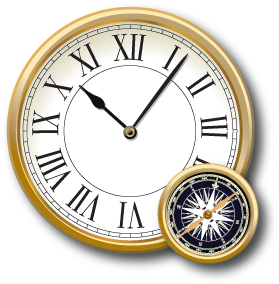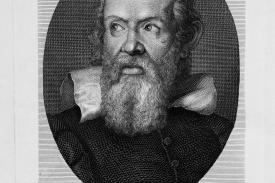Prizes offered by Spain in 1598 and the Dutch Republic two years later stimulated the best scientific minds of the day to build better clocks for finding position at sea.
The challenge was enormous. At that time, no clock—on land or sea—could keep better time than within about 15 minutes a day. But after nearly two centuries, with the invention of the chronometer, accuracy at sea improved to about 1/5th of a second a day.
“One [method of finding longitude] is by a Watch to keep time exactly. But, by reason of the motion of the Ship, the Variation of Heat and Cold, Wet and Dry, and the Difference of Gravity at different Latitudes, such a watch hath not yet been made.” —Sir Isaac Newton, 1714








